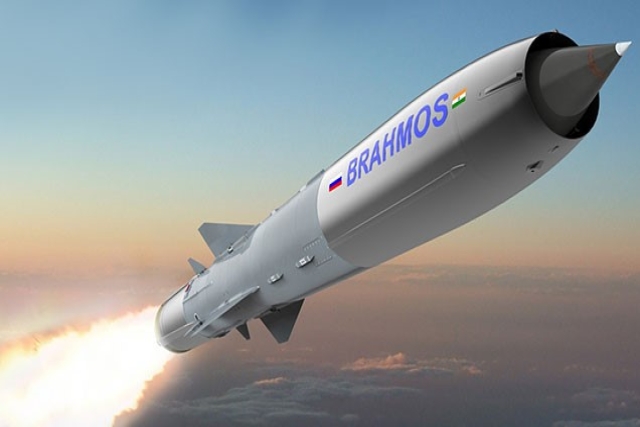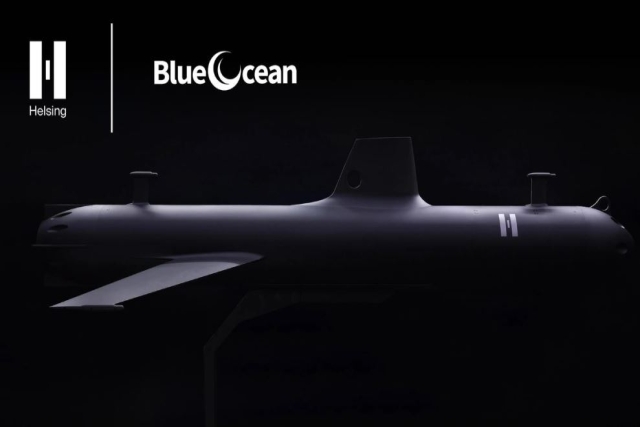Philippines to Receive First Components of BrahMos Missile System by April-May
December 2023 shipment delayed by strong monsoons: BrahMos Aerospace

The Philippines is set to receive the initial components of the Indo-Russian BrahMos missile system within the next two months.
This development comes as the Philippines stands as the first foreign nation to secure the supersonic ground-based BrahMos missiles, with delivery initially scheduled for the end of December 2023.
"There were difficulties with the preparation of missile deployment sites because of strong monsoons. Their construction was postponed a bit; we expect to complete it within two months," Praveen Pathak, the General Manager for Market Promotion & Export of BrahMos Aerospace, was quoted as saying by Russian state-owned media at the ongoing World Defense Show in Riyadh, Saudi Arabia.
Pathak assured that construction would be completed within the next two months, allowing for the timely shipment of the ordered components.
"A delegation from the Philippines visited India to ensure that the equipment was technically sound. They signed an acceptance letter for the equipment's delivery. It is ready for shipment," stated Pathak during the event.
The Philippines' interest in the BrahMos missile system was evident back in December 2021 when then Defense Secretary Delfin Lorenzana placed an order for three batteries of cruise missiles, amounting to approximately P18.9 billion (around $335 million). This acquisition is part of the Navy's shore-based anti-ship missile system project and includes comprehensive training for operators and maintainers.
In May 2023, Pathak had revealed during the Philippine Fleet Defense Expo at Naval Base Heracleo Alano that the first batch of BrahMos supersonic cruise missiles was expected to be delivered by the end of that year. The delivery encompasses missiles, mobile launchers, and additional equipment, all to be shipped from India, he had said.
The primary user of the BrahMos system will be the Philippine Marine Corps' Coastal Defense Regiment. BrahMos, known as the world's fastest supersonic cruise missile, boasts the capability of being launched from submarines, ships, aircraft, or land platforms, traveling at nearly three times the speed of sound.













